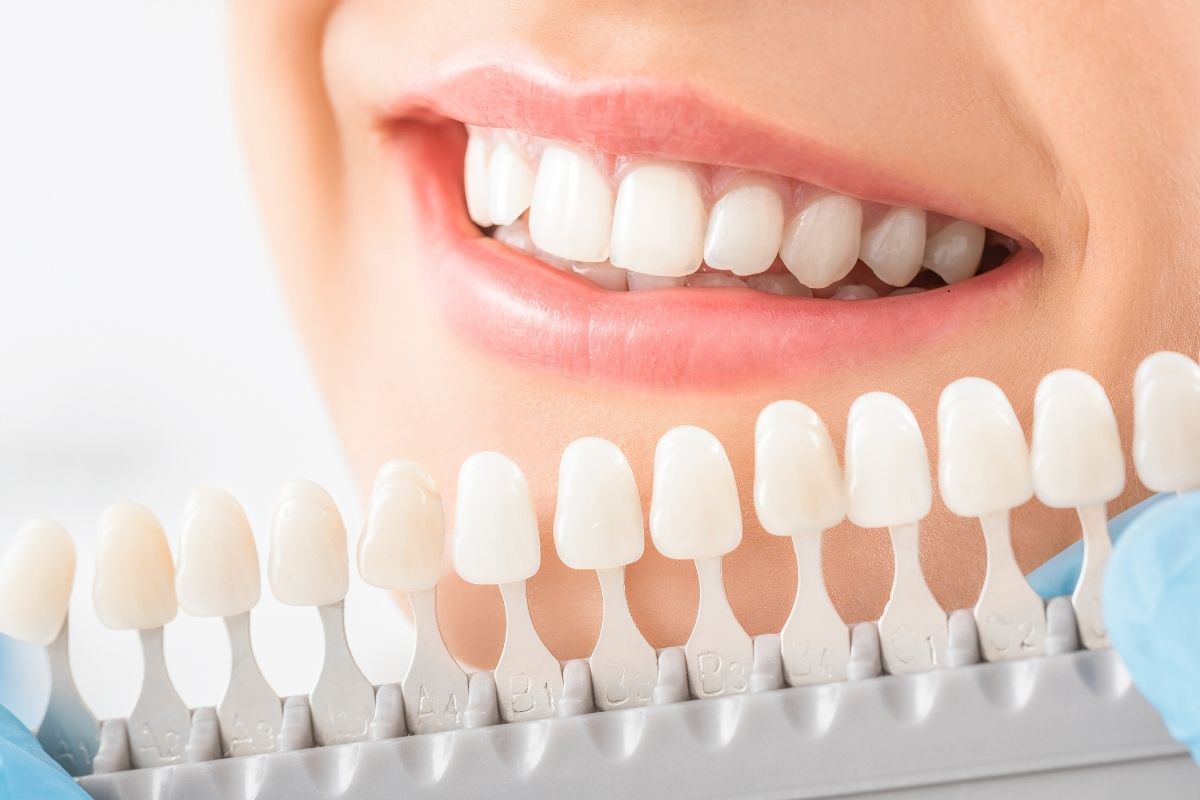
When it comes to restoring damaged or missing teeth, dental implants and crowns are two popular options. Each has its own set of advantages and disadvantages, and choosing the right one depends on your specific dental needs. In this blog, we'll explore the pros and cons of dental implants and dental crowns to help you make an informed decision. If you're in the Chandler area and need expert advice, a trusted dentist can guide you through the process.
What Are Dental Implants?
Dental implants are titanium posts surgically inserted into the jawbone to replace missing teeth. They serve as a stable foundation for artificial teeth, such as crowns, bridges, or dentures. Implants are designed to mimic natural tooth roots, providing a strong and permanent solution for tooth loss.
Pros of Dental Implants
- Longevity: are exceptionally durable and, with proper care, can last for many years, potentially even a lifetime. Unlike crowns, which may need replacement every 10-15 years, implants offer a long-term solution.
- Natural Appearance: Implants closely mimic natural teeth in both look and functionality. The crown placed on the implant is custom-made to match the color and shape of your existing teeth, providing a seamless look.
- Bone Preservation: Dental implants help prevent bone loss in the jaw, a common issue after tooth loss. By stimulating the jawbone, implants maintain its structure and prevent further deterioration.
- No Impact on Adjacent Teeth: Unlike dental bridges, implants do not require adjacent teeth to be altered or ground down, preserving the integrity of your natural teeth.
Cons of Dental Implants
- Cost: Dental implants tend to be more expensive than crowns, especially when multiple implants are needed. However, their longevity may justify the initial investment.
- Surgical Procedure: Getting a dental implant involves a surgical procedure, which carries risks such as infection, nerve damage, or implant failure. It also requires a healing period before the final restoration can be placed.
- Time-Consuming: The process of getting dental implants can take several months, from the initial consultation to the final placement of the crown. This may not be ideal for those seeking a quicker solution.
What Are Dental Crowns?
Dental crowns are caps placed over damaged or weakened teeth to restore their shape, size, strength, and appearance. Crowns are often used to protect a tooth after a root canal, cover a large filling, or restore a broken tooth.
Pros of Dental Crowns
- Less Invasive: Unlike implants, dental crowns do not require surgery. The procedure is less invasive, involving only the reshaping of the existing tooth to accommodate the crown.
- Quick Solution: Crowns can be placed relatively quickly, often within a few weeks. This makes them an ideal choice for those who need immediate restoration.
- Cost-Effective: Crowns are generally less expensive than dental implants. They provide a cost-effective solution for restoring damaged teeth without the need for surgery.
- Versatility: Crowns can be used to address various dental issues, including cracked or chipped teeth, discoloration, and weakened teeth after a root canal.
Cons of Dental Crowns
- Limited Longevity: While crowns are durable, they may need to be replaced after 10-15 years due to wear and tear. They are not as long-lasting as implants.
- Impact on Natural Tooth: To place a crown, a significant portion of the natural tooth must be filed down, which can weaken the tooth over time.
- Risk of Decay: If the crown is not properly fitted or maintained, there is a risk of decay forming underneath it, potentially leading to further dental issues.
- Appearance: While crowns can be made to look natural, they may not blend as seamlessly with your existing teeth as implants do, especially if the surrounding teeth change color over time.
Conclusion
Both dental implants and crowns offer effective solutions for restoring your smile, but the right choice depends on your specific needs and circumstances. Dental implants are a long-lasting, natural-looking option that preserves bone health but requires a surgical procedure and a higher initial cost. On the other hand, crowns offer a quicker, less invasive, and more cost-effective solution but may need replacement over time and could impact the natural tooth structure.
If you're unsure which option is best for you, consulting with a knowledgeable dentist Chandler can provide you with the guidance and information you need to make the right decision for your dental health.